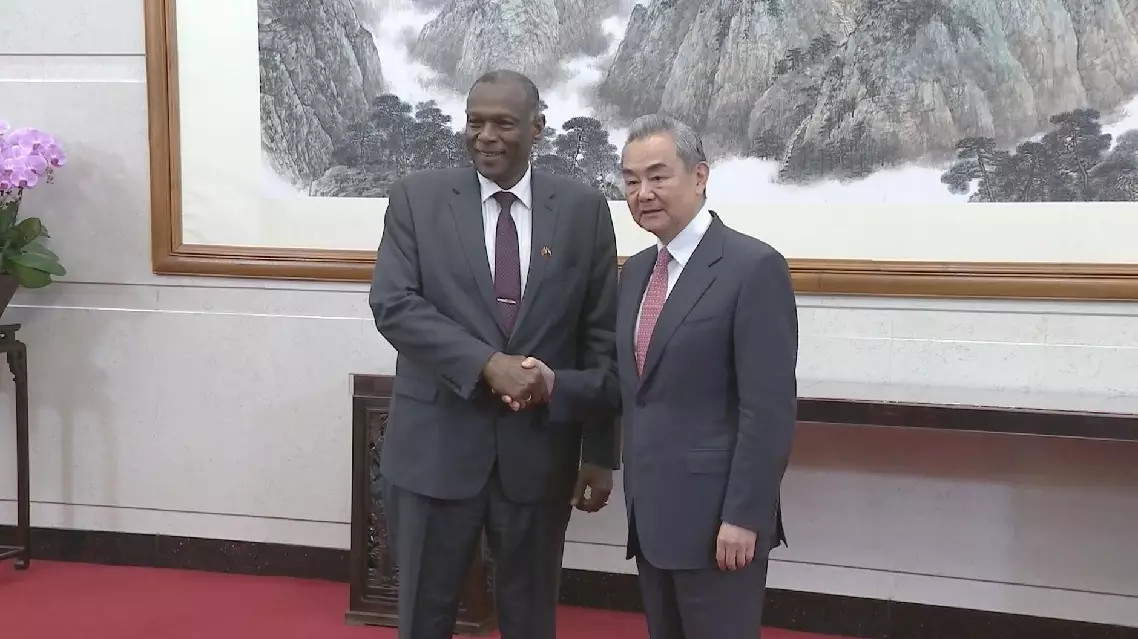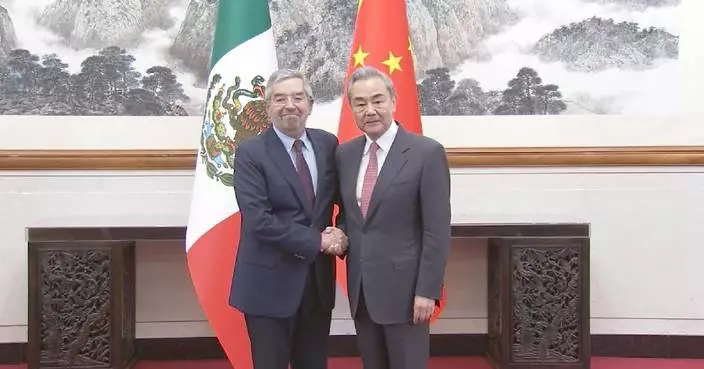China's inaugural Energy Law, which came into effect on Wednesday, is expected to play a significant role in steering the country toward a sustainable and low-carbon future by introducing a range of innovative measures combining green development goals with market-oriented reforms.
The law formally establishes energy planning as a legal system, underscoring its role in shaping the sector's direction. It also elevates the importance of renewable energy, mandating the creation of green energy development targets and enshrining the renewable energy consumption guarantee mechanism into law.
According to Wan Jinsong, deputy head of the National Energy Administration (NEA), the enactment of the law represents a major step forward in promoting green and low-carbon energy systems.
"The Energy Law requires the establishment of mechanisms to promote green energy consumption. For the first time, the law introduces a green electricity certificate system, encouraging consumers to prioritize renewable energy use. It also accelerates the formation of a mechanism to control the total amount and intensity of carbon emission, fostering green and low-carbon production and lifestyles. The law prescribes the legal status of hydrogen as an energy source. It also encourages the development of new technologies, new business models, and new formats in energy, such as smart microgrids and integrated energy services," Wan said.
Beyond its emphasis on green energy, the law lays the groundwork for a unified national energy market. It mandates the construction of integrated markets for coal, electricity, oil and natural gas, ensuring fair competition among market participants. By encouraging and supporting diverse investment in energy development and technological innovation, it aims to attract private and public capital into the sector.
"The law establishes an energy pricing mechanism determined by supply-demand dynamics and sustainability factors. It also strengthens demand-side management by improving tiered and time-of-use pricing to guide energy consumption. It will also promote independent operation of natural monopoly sectors and the market-oriented reform of competitive sectors," Wan said.
In an effort to safeguard energy security, the Energy Law introduces innovative reserve mechanisms, including capacity reserves and mineral resource reserves. Notably, it imposes a legal obligation on enterprises to maintain social responsibility reserves to ensure energy supply during extreme circumstances.

China's first energy law establishes legal framework for green transition, market reform





















































